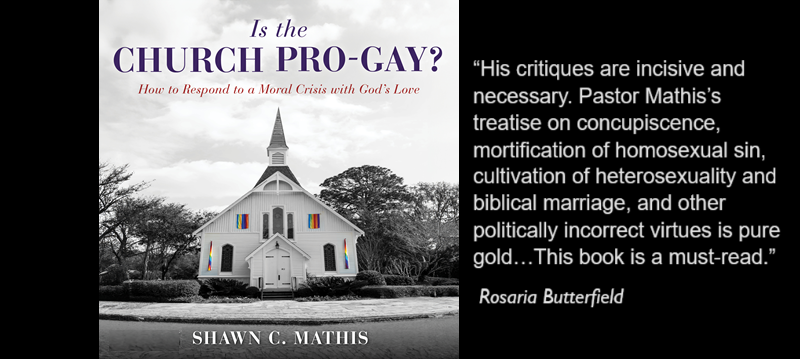
Do we love the church as Christ loves the church?
“Beloved, let us love one another, for love is of God; and everyone who loves is born of God and knows God. He who does not love does not know God, for God is love. In this the love of God was manifested toward us, that God has sent His only begotten Son into the world, that we might live through Him. In this is love, not that we loved God, but that He loved us and sent His Son to be the propitiation for our sins. Beloved, if God so loved us, we also ought to love one another.”
The book of First John is full of exhortations to love the brethren. But who are these brethren? Is it just members of the local church? Consider:
1 Corinthians 1:2: “To the church of God which is at Corinth”
1 Corinthians 14:34: “Let your women keep silent in the churches”
The city of Corinth is recognized as one church. Yet it clearly had many churches. And Paul writes his admonitions to this collection of churches.
It stands to reason that John’s exhortations are equally applicable to the regional church—that collection of church members and ministers under one governing body, a Presbytery.
1 John 4:7-11 was written to motivate John’s audience: God’s love in Christ for you ought to be enough to motivate you to love the brethren.
Is this so with our regional church? Do we consider God’s great sacrificial love in Christ as motive enough to love the saints within the region of the Presbytery?
Let us take one step backward: do we love the saints at all? This is one major point in these verses: John states three times (two positives and one negative): “let us love one another,” “we also ought to love one another,” “he who does not love does not know God.”
Since love of the saints is often dormant in our hearts, the Spirit through John pointedly admonishes: “My little children, let us not love in word or in tongue, but in deed and in truth.”
This is the perennial problem in Christian church: are we just talk or do we seek out concrete and tangible ways to show love to the regional church? John offers two concrete ways love can be manifested.
1. “But whoever has this world’s goods, and sees his brother in need, and shuts up his heart from him, how does the love of God abide in him?” (3:17)If we see a church in material need we ought to help them. Sometimes it is easy to send money off to places unknown, but do we send money to needy churches in our regional church?But there is more: if we see our sister church struggling numerically, can we just ignore their plight? Are there opportunities we have that may help them grow?But what of spiritual needs? If we must help them with material needs, how much more spiritual? Is there advise, encouragement or admonitions we can bring for their edification?
2. “By this we know love, because He laid down His life for us. And we also ought to lay down our lives for the brethren.” (3:16)This is a hard command! We do not live in a society that calls us to die for our faith let alone to lay down our lives for one another. But that does not mean we cannot do everything short of dying for one another.Do we die to our pet projects for the better good of the regional church? Do we kill our desire to be popular or smart so that more energies can be funneled for the regional church? Do we mortify our American independency for the greater good of the regional church?
It is easy to forget to love our sister churches when we are wrapped up in our local church problems. But let us consider the love of God in Christ who died not only for our church but our sister churches. Let us re-evaluate our local priorities, seeking to use what gifts and opportunities we can for the good of the brethren, the love of the regional church.





